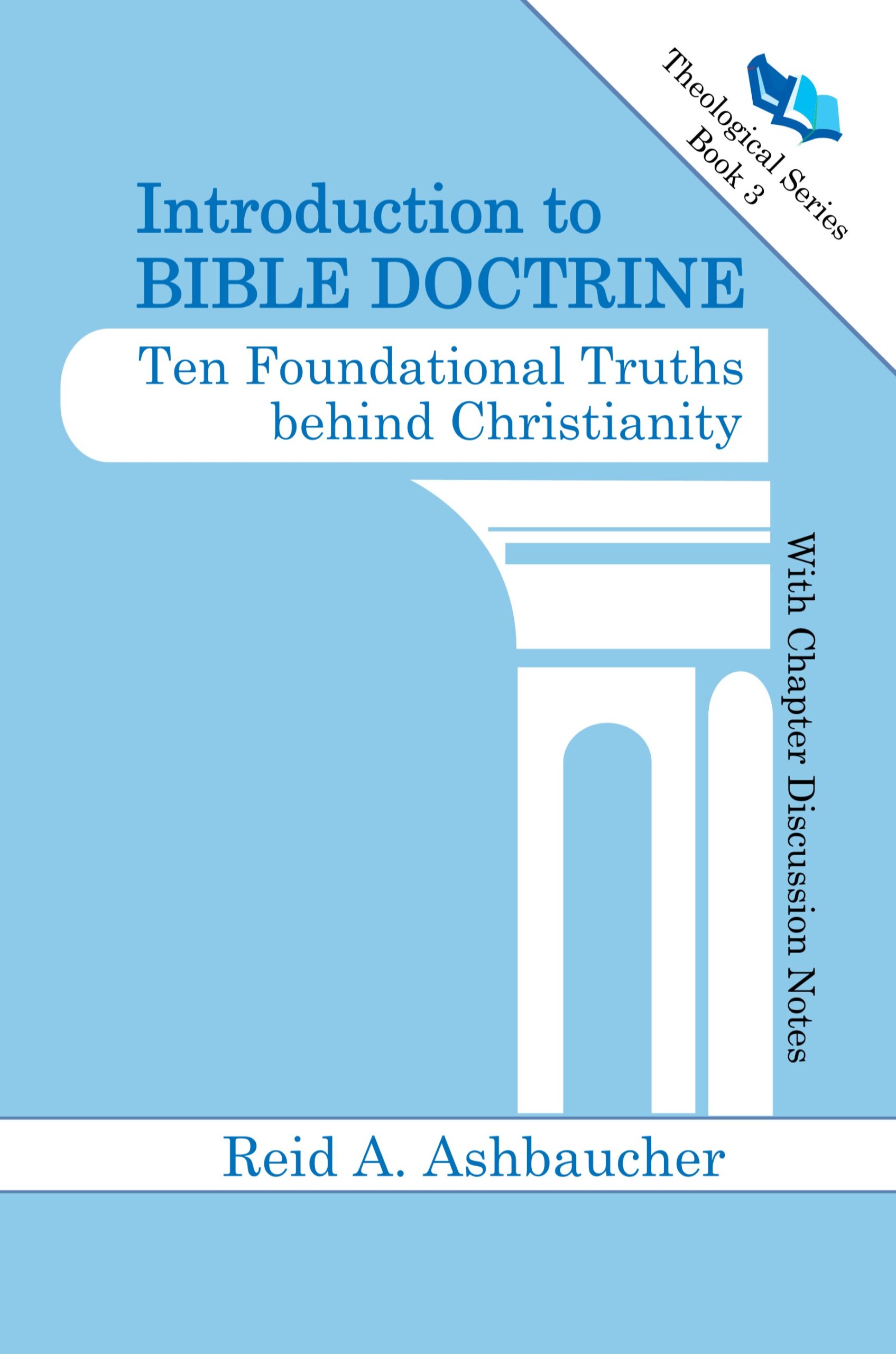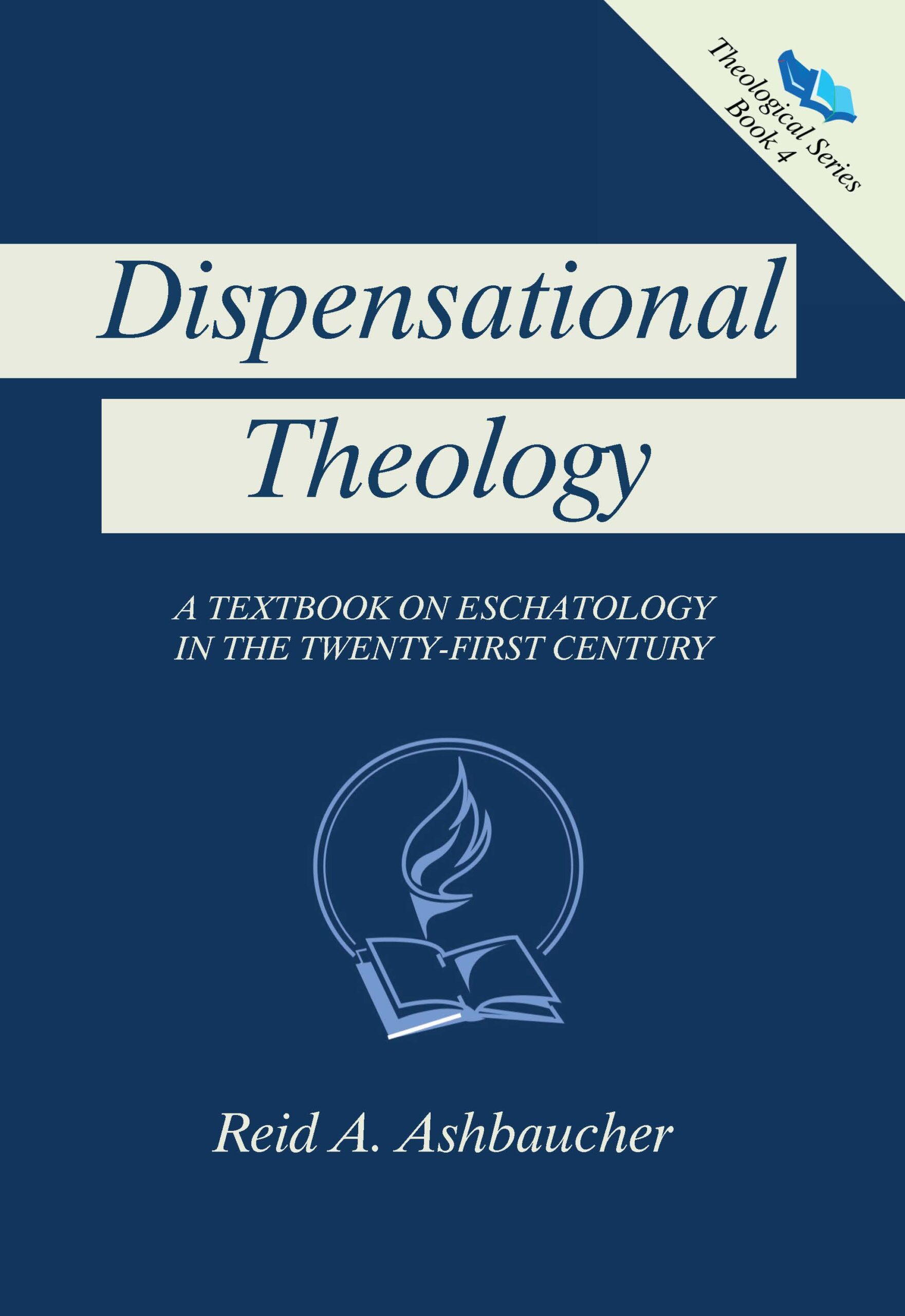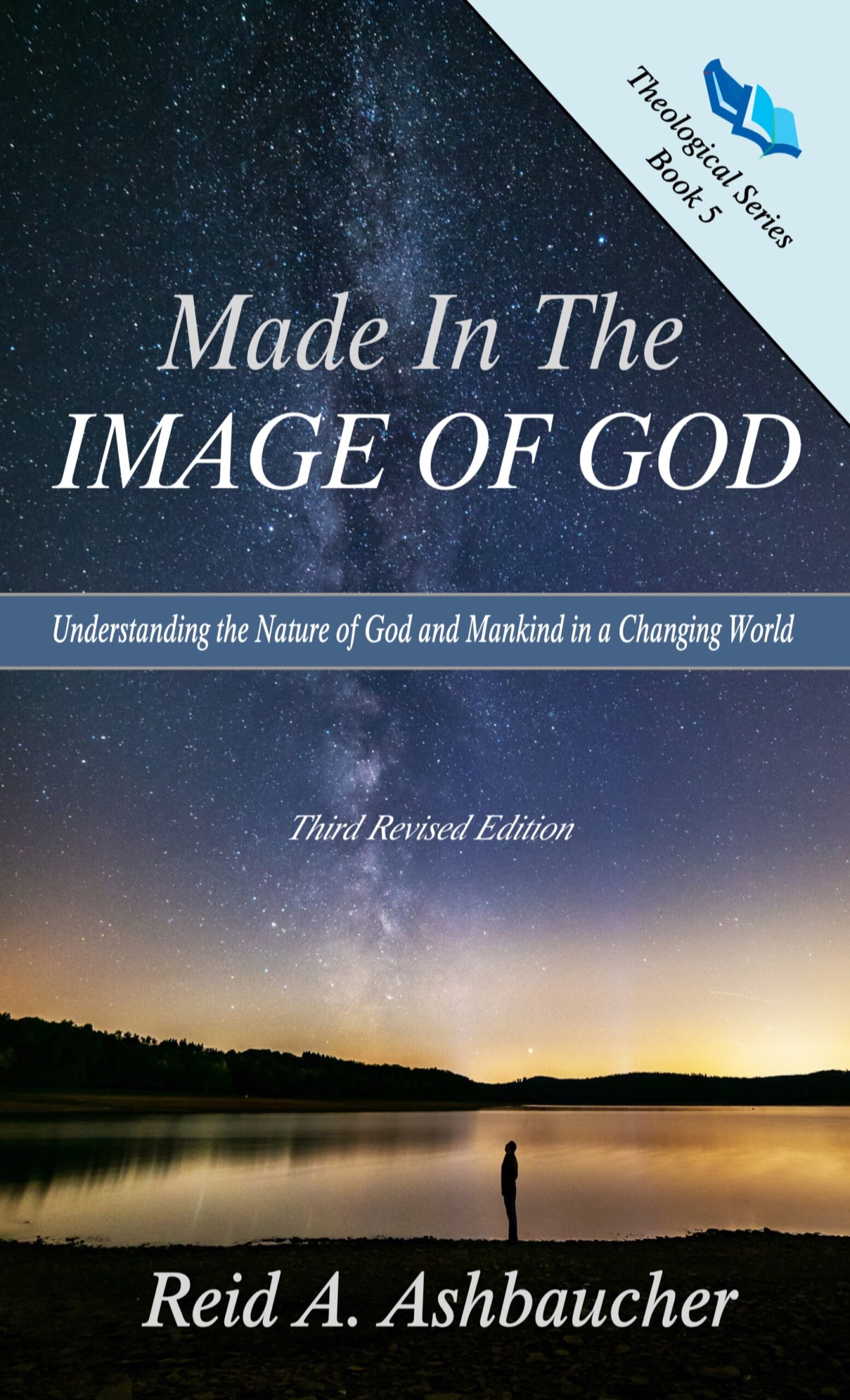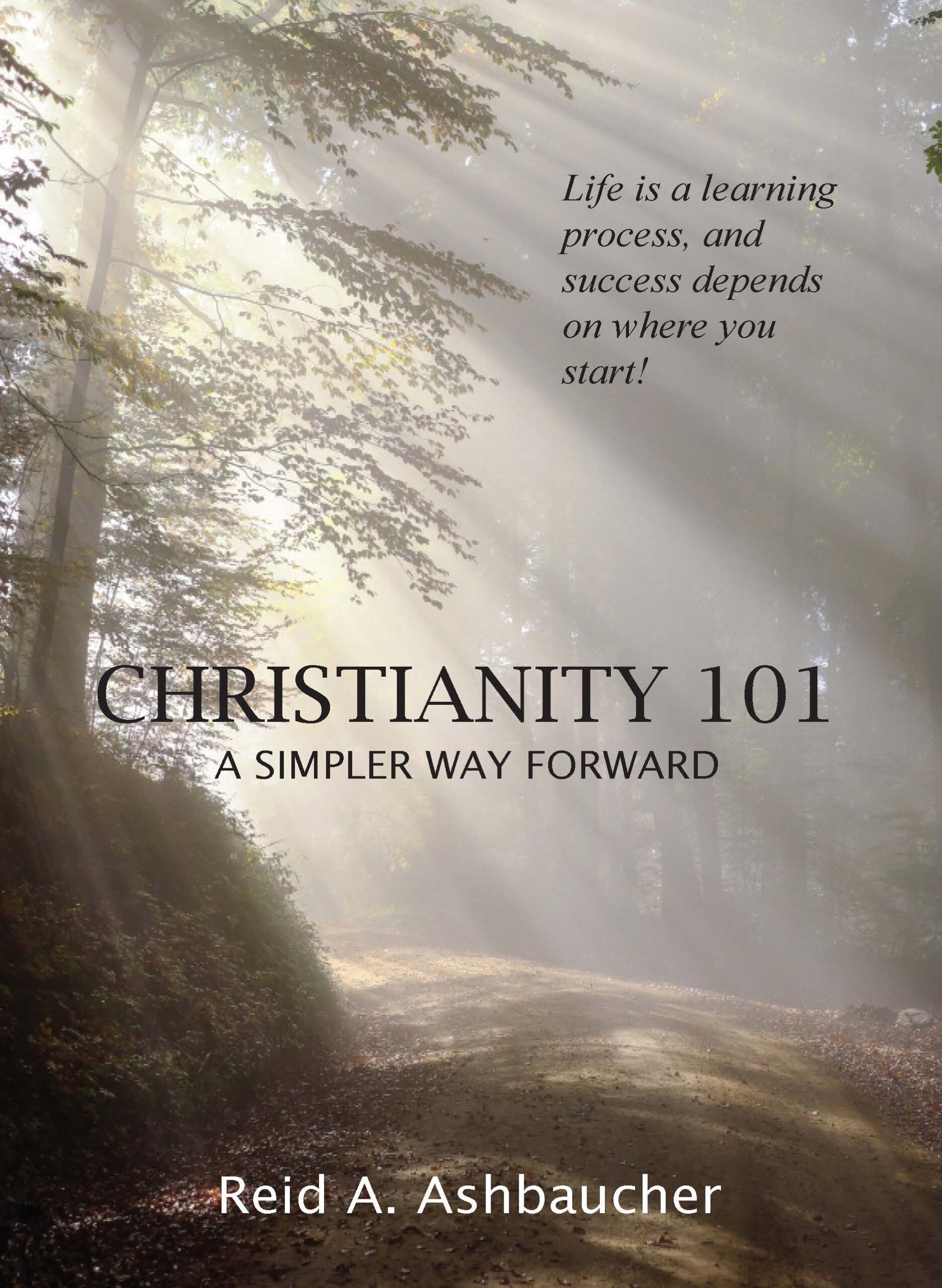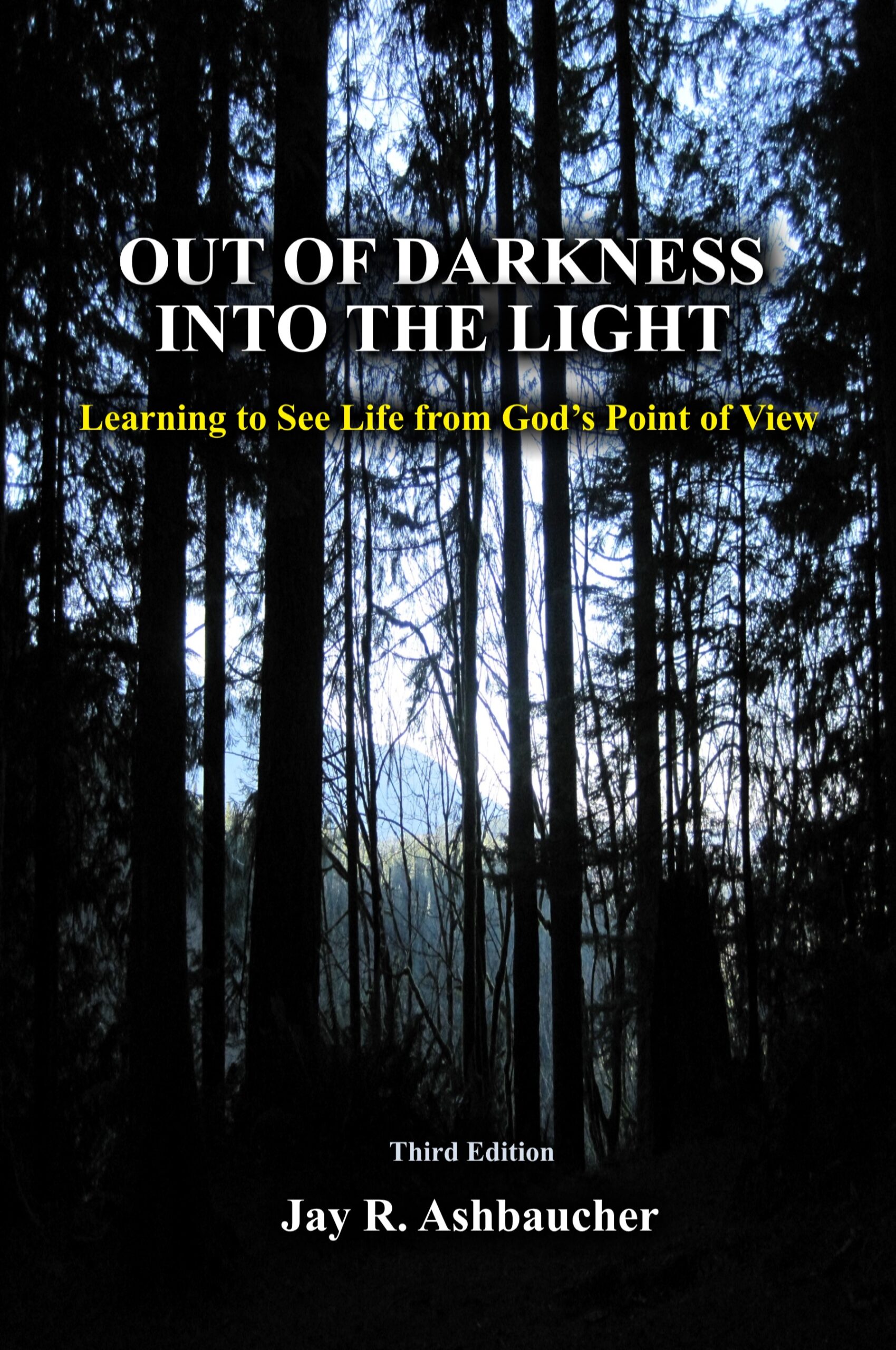Election – In the New TestamentThe New Testament is a collection of 27 books, all written in Greek within the first century A.D. Twenty three of these books were written by the Apostles of Jesus Christ, two were written by Dr. Luke a Christian medical doctor who traveled with the Apostle Paul, and two books were written by James ... More the doctrineBible doctrine is any subject within the Bible that is taught as a principle, law or commandment. Some would hold that the wisdom advice given in the book of Psalms and Proverbs could be classified as doctrine as well, because of the many principle concepts that can be applied to everyday life. of election is formulated from the word “elect” (Eklektos NT: 1588) meaning, “God’s chosen.” And in the Old TestamentThe Old Testament in the Bible is a collection of 39 books, written in Hebrew and Aramaic, between 1446 B.C. and 425 B.C. They were then translated into a Greek manuscript called the Septuagint between the second and forth centuries B.C. Jesus referred to the Hebrew manuscripts as the Law, the Proph... More the word (Bachiyr OT: 977) meaning, “select” in which the English King James translation translates it, “elect.” Compare KJVKJV stands for "King James Version" of the Bible. The KJV translation was completed in 1611 A.D. by fifty four scholars, as commissioned by King James of England. Its translation is based on the Hebrew text and the Byzantine Text type of the Greek New Testament, with NT copies dating as early as the... and NASBNASB stands for "New American Standard" version of the Bible. The NASB was produced through the Lockman Foundation in 1960 and its translation is based on the Hebrew text and the Alexandrian Text type of the Greek New Testament, with NT copies dating as early as the second century A.D. concordances for usage. Also, see Strong’s number definition. Examples of usage can be found in Matthew 24:22, Matthew 24:31, Mark 13:22, Romans 8:33, Isaiah 45:4, Isaiah 65:9.
The doctrineBible doctrine is any subject within the Bible that is taught as a principle, law or commandment. Some would hold that the wisdom advice given in the book of Psalms and Proverbs could be classified as doctrine as well, because of the many principle concepts that can be applied to everyday life. of election is built on two other doctrines:
1.) The sovereignty of God. Illustrated in (1 Timothy 6:13-16): “I charge you in the presence of God, who gives life to all things, and of Christ Jesus, who testified the good confession before Pontius Pilate, that you keep the commandment without stain or reproach until the appearing of our Lord Jesus ChristJesus Christ is the Son of the creator God, sharing in the same nature as God the Father and God the Holy Spirit. As Jesus says, "I and the Father are one." (John 10:30; NASB), which He will bring about at the proper time– He who is the blessed and only Sovereign, the King of kings and Lord of lords; who alone possesses immortality and dwells in unapproachable light; whom no man has seen or can see. To Him be honor and eternal dominion! Amen.” (NASBNASB stands for "New American Standard" version of the Bible. The NASB was produced through the Lockman Foundation in 1960 and its translation is based on the Hebrew text and the Alexandrian Text type of the Greek New Testament, with NT copies dating as early as the second century A.D.)
2.) The depravity of man as illustrated in (Romans 3:9-18): “What then? Are we better than they? Not at all; for we have already charged that both Jews and Greeks are all under sin; as it is written, “There is none righteous, not even one; There is none who understands, There is none who seeks for God; All have turned aside, together they have become useless; There is none who does good, There is not even one. Their throat is an open grave, With their tongues they keep deceiving, The poison of asps is under their lips; “Whose mouth is full of cursing and bitterness; Their feet are swift to shed blood, 16 Destruction and misery are in their paths, And the path of peace have they not known. There is no fear of God before their eyes.”(NASBNASB stands for "New American Standard" version of the Bible. The NASB was produced through the Lockman Foundation in 1960 and its translation is based on the Hebrew text and the Alexandrian Text type of the Greek New Testament, with NT copies dating as early as the second century A.D.)
Based on these two principles come two views in church teaching:
1.) God saves man from his sin by Grace alone and is based on God’s sovereignty – holding the position that man has no capacity to save himself, to include not having the ability to have faith of his own. (See: Romans Chapter 9.)
2.) God through Grace alone provides the way for salvationSalvation within the Scriptures (Bible) simply means to save that which was lost. In reference to humanity, the Scriptures teach that because the first humans (Adam and Eve) sinned against God, the human race became lost to God, thus needing to be saved or redeemed by God. Jesus Christ said it this ... More, but man must make a choice of faith to complete the process. (See: 2 Peter 3:9, John 1:12, John 3:16.)
Because of these positions, theology books and word study tools tend to slant themselves toward one view or the other. Examples: read ChristianAccording to the Bible, Christians are those that put their faith in Jesus Christ and follow him as Lord and King of their lives. To reject that Jesus is not equal in nature with God or reject the teaching of the Trinity of God would forfeit anyone's claim to be called Christian. (Acts 11:26, 26:28;... More Theology by Emery H. Bancroft and The Great DoctrineBible doctrine is any subject within the Bible that is taught as a principle, law or commandment. Some would hold that the wisdom advice given in the book of Psalms and Proverbs could be classified as doctrine as well, because of the many principle concepts that can be applied to everyday life. of the Bible by William Evans. Throughout this debate, it is important to remember 2 Timothy 2:14-15: “Remind them of these things, and solemnly charge them in the presence of God not to wrangle about words, which is useless, and leads to the ruin of the hearers. Be diligent to present yourself approved to God as a workman who does not need to be ashamed, handling accurately the word of truth.” (NASBNASB stands for "New American Standard" version of the Bible. The NASB was produced through the Lockman Foundation in 1960 and its translation is based on the Hebrew text and the Alexandrian Text type of the Greek New Testament, with NT copies dating as early as the second century A.D.)


